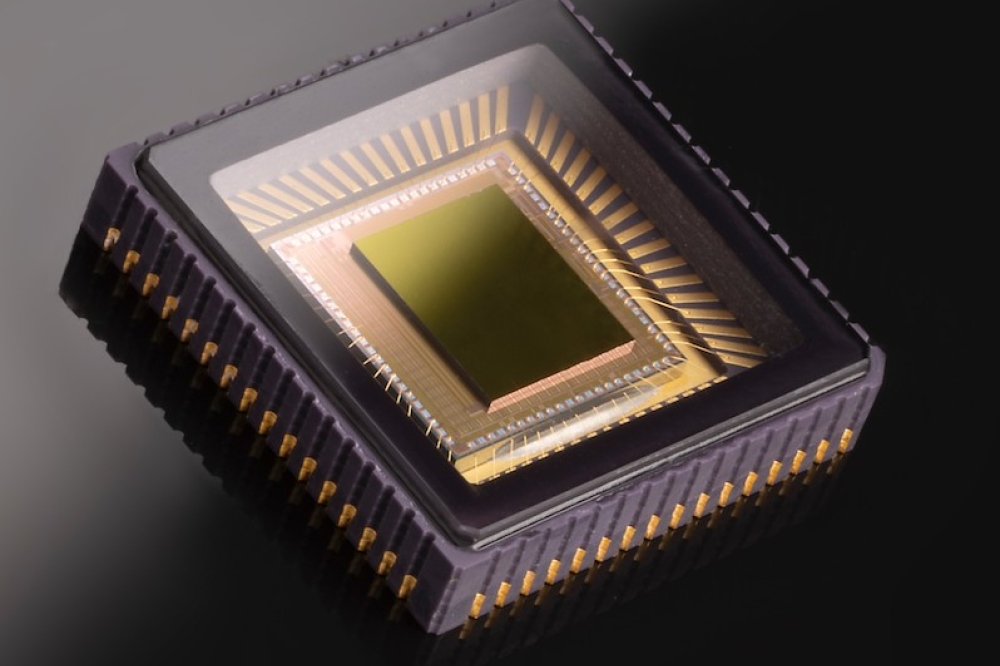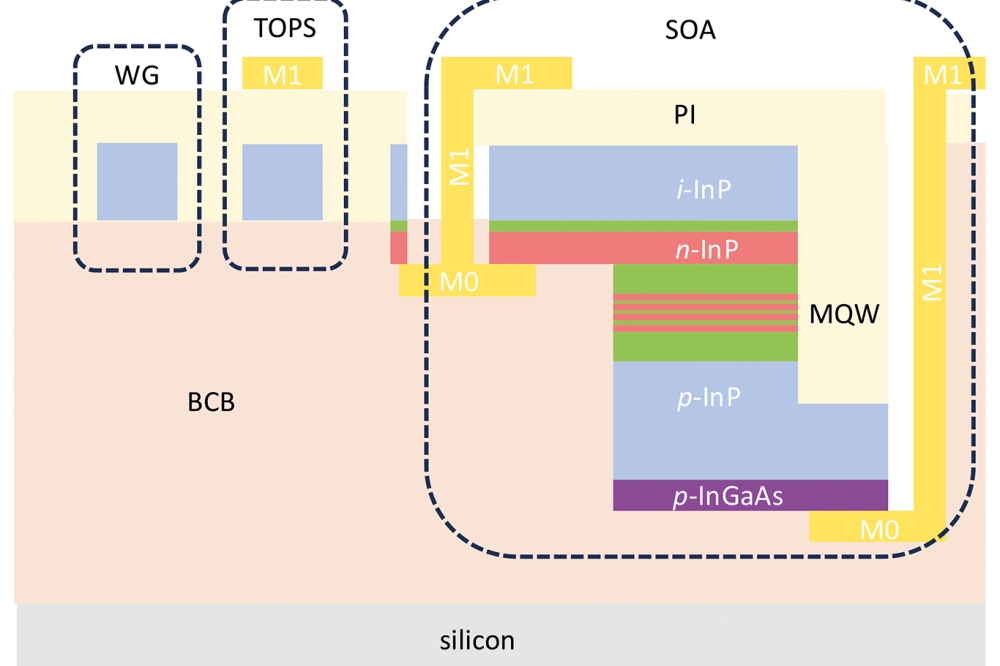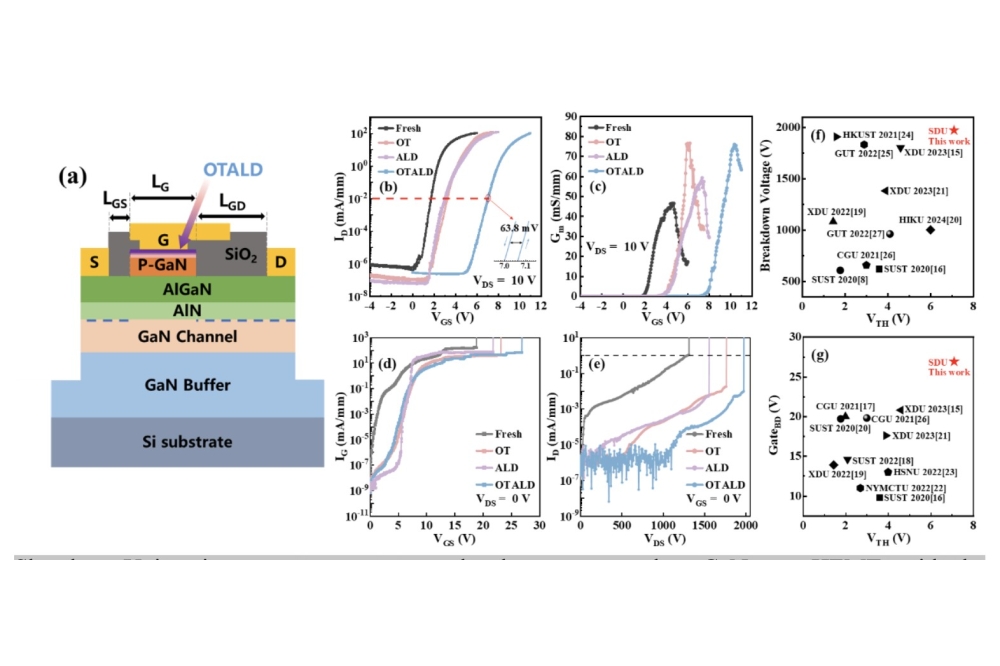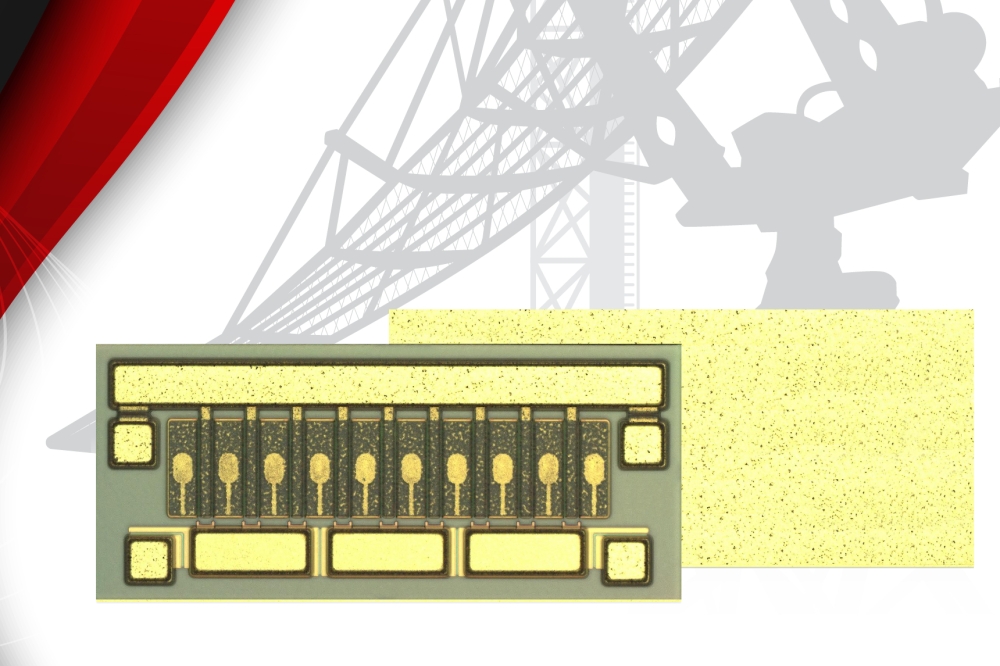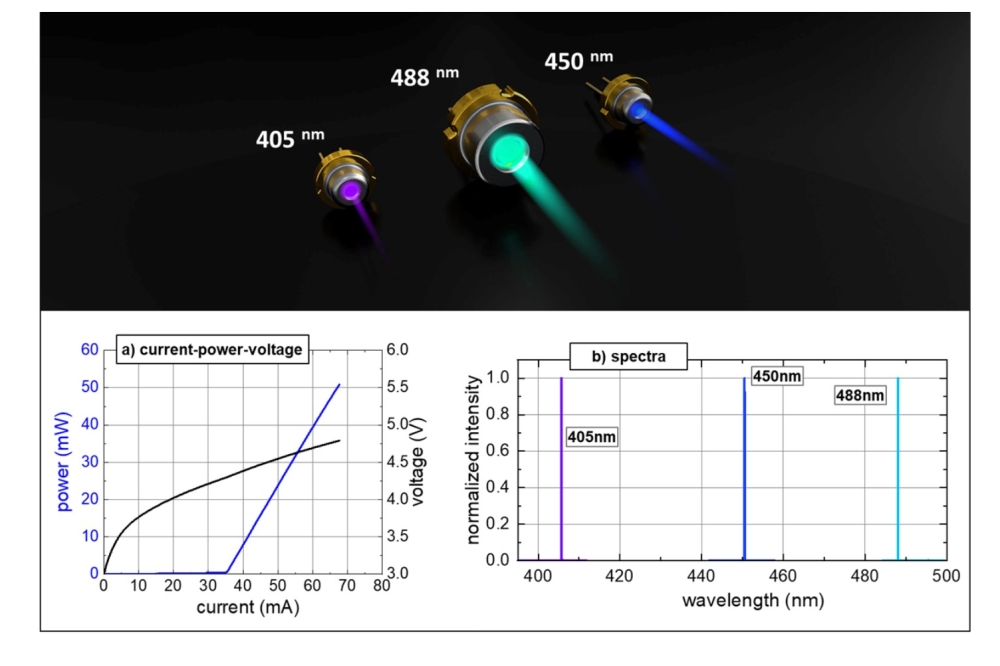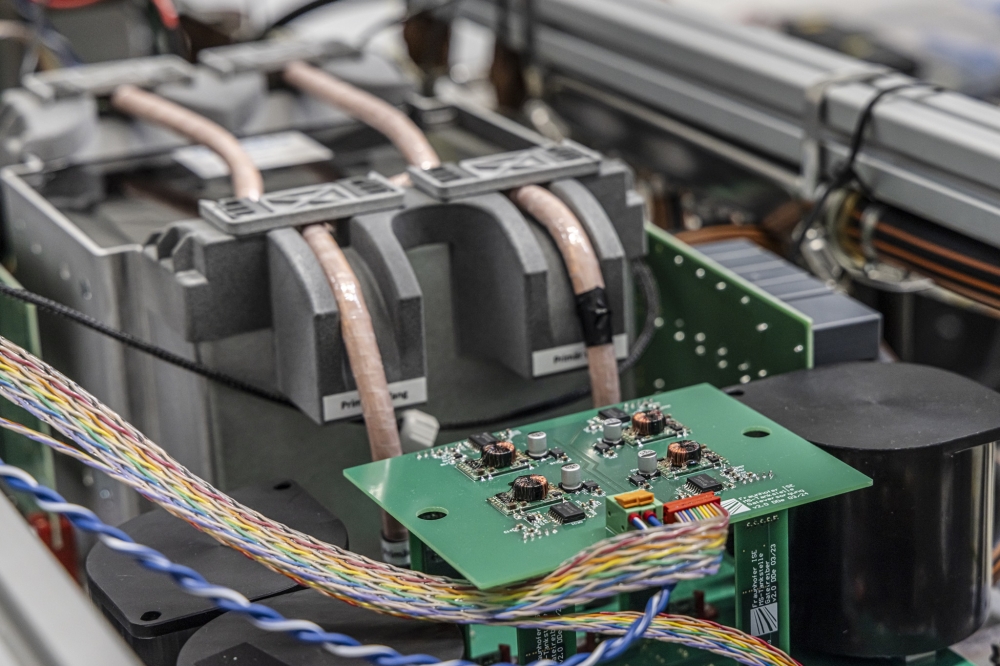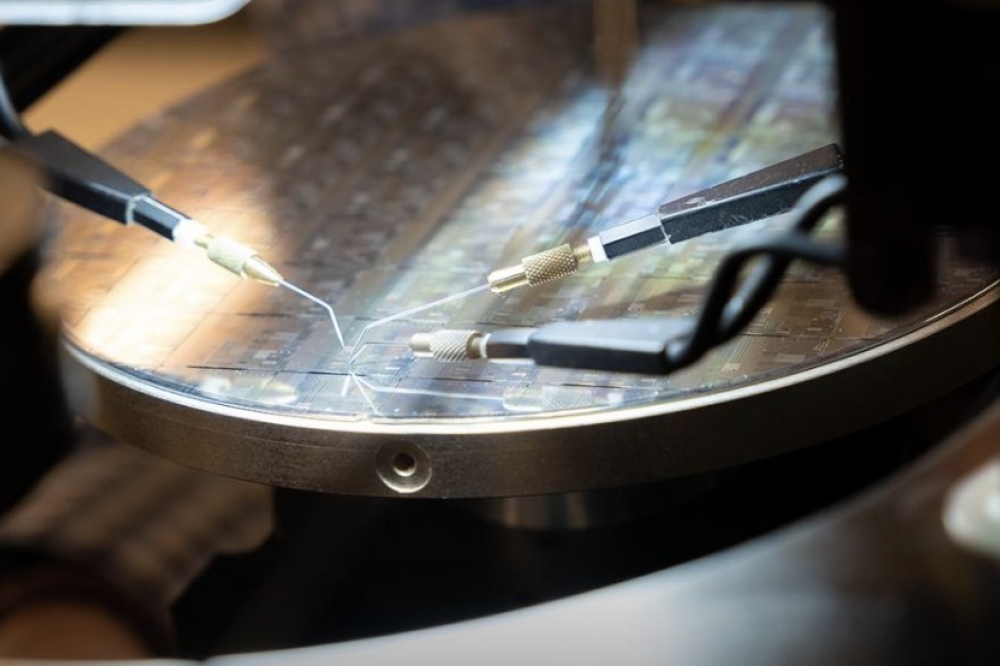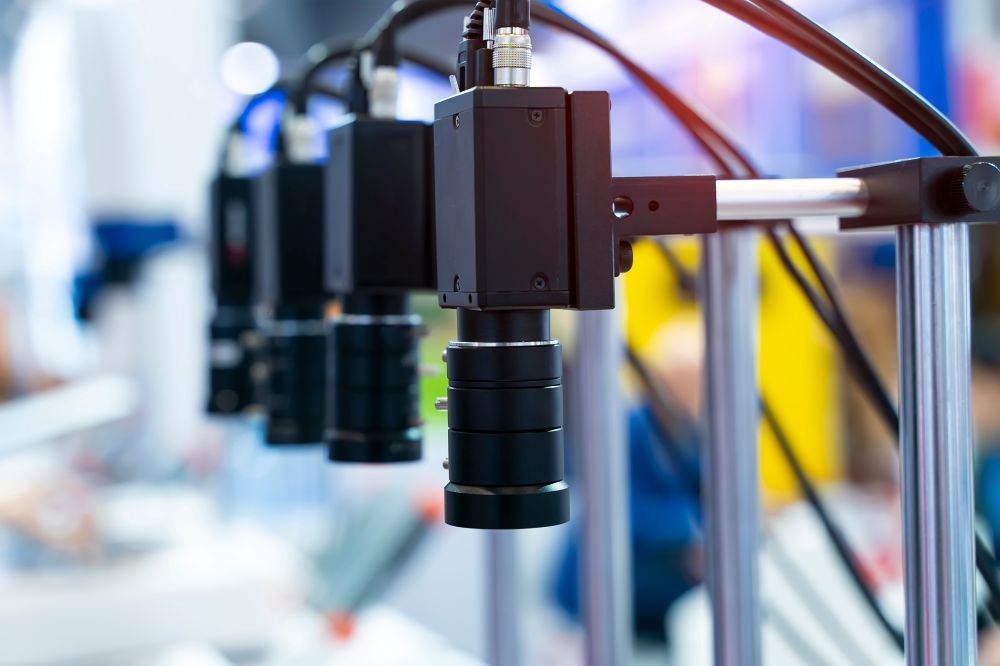UK scientist awarded funding for MASAR research
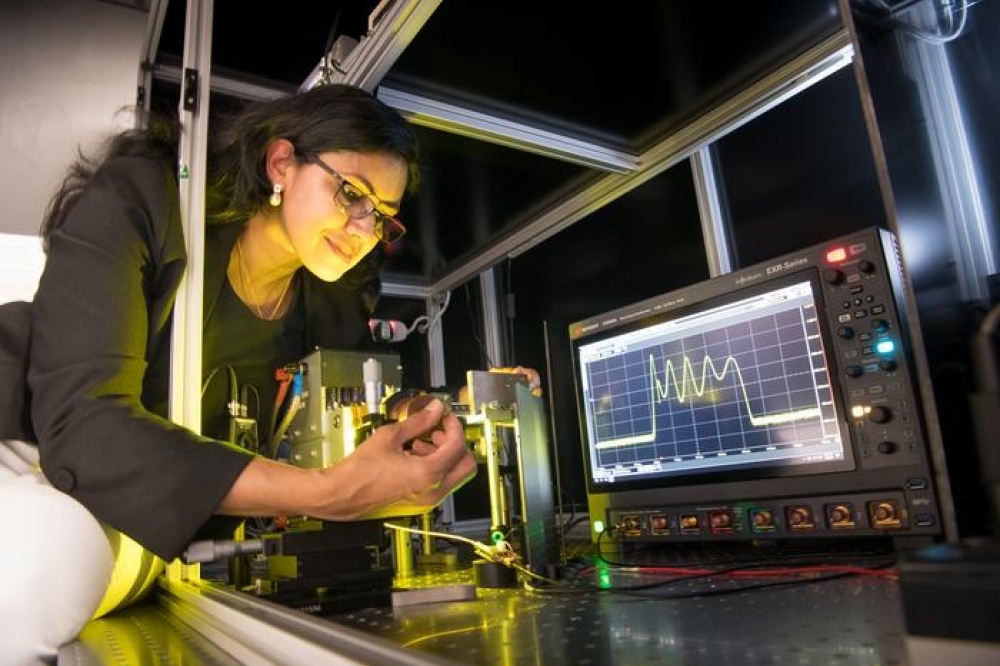
EPSRC grant will fund project to develop room-temperature MASER powered by LEDs
A scientist from Northumbria University in the UK has been awarded almost half a million pounds to develop a new technology which could transform deep-space communication, radio astronomy, medical imaging and airport security scanning.
Juna Sathian has received a grant from the UK government’s Engineering & Physical Sciences Research Council (EPSRC) to develop a new type of MASER (Microwave Amplification by Stimulated Emission of Radiation) device.
The forerunner to LASERs, MASERs were first discovered in the 1950s. But there has been little development of the technology since then due to the complex and expensive conditions required to make MASERs.
With the ability to detect and amplify extremely weak electromagnetic signals without adding additional noise, MASERs could have a wide variety of potential uses, including more sensitive magnetic resonance body scanners, quantum optical coherence tomography, advanced quantum computer components, portable atomic clocks, and better radio astronomy devices for deep space exploration.
However, until recently, MASERs could only be produced in very cold conditions, a vacuum, and a high magnetic field, meaning they are only currently used in a few specialised applications.
Over the last eight years, Sathian and colleagues have worked to develop a MASER which can operate at room temperature by shining a laser light through organic para-terphenyl crystals doped with pentacene molecules and inorganic diamond crystals with nitrogen-vacancy defects. However, this method is expensive and difficult to replicate in everyday applications.
The EPSRC grant will now allow Sathian to develop a new type of room-temperature MASER powered by LEDs.
Speaking about the new project, Sathian said: “MASERs have so much potential and could be used in lots of different ways to improve our everyday lives – from improving satellite communications to airport security.
“I’m delighted to be awarded this new investigator grant from the EPSRC as it will allow me to take my MASER research forward, with the aim of producing a MASER device which is cost-effective, safe and environmentally friendly.
“It will also firmly establish the UK, and Northumbria University in particular, as a real centre for research expertise in this area.”
John Woodward, Pro Vice-Chancellor for the Faculty of Engineering and Environment at Northumbria University, said: “The research being carried out by Dr Sathian into MASER technology has been recognised as having huge potential and impact, as evidenced by this successful EPSRC New Investigator grant.
“Through Dr Sathian’s work, Northumbria has already developed a reputation for innovation and excellence in the field of MASER research, and this will continue to develop over the coming years thanks to the funding for this new project.”























